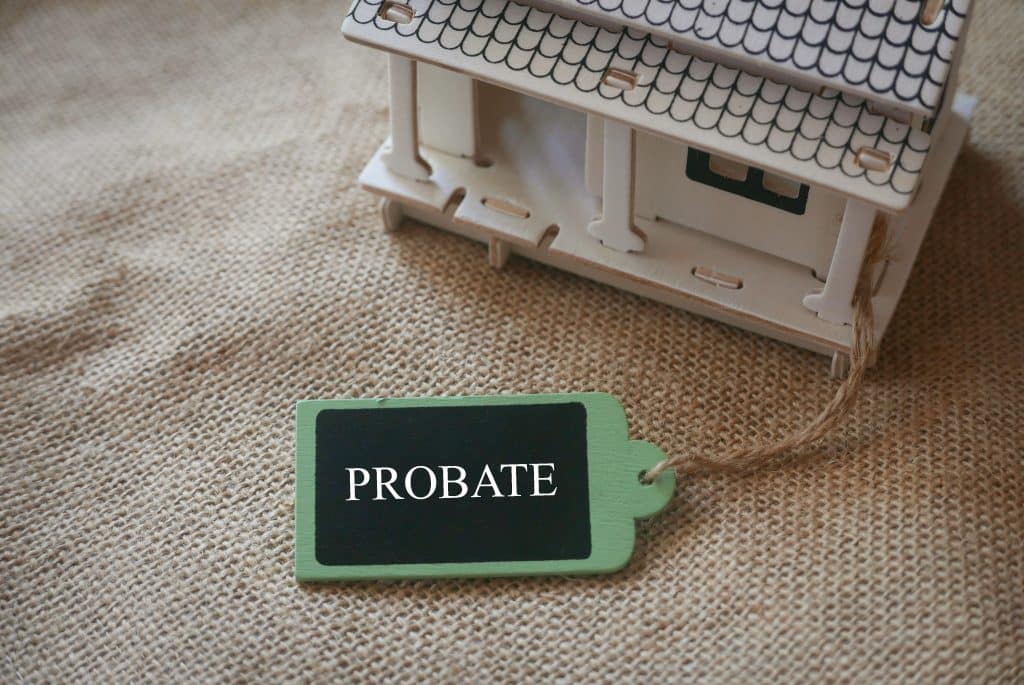In order to find out if you have been named as an Executor, you will need to check the Deceased’s will.
If you have been appointed an Executor of a will there are many responsibilities that come with this and an Executor can be held financially liable if any errors occur during the administration process of an Estate. The term Estate simply means all of the property that belongs to the deceased that they have left behind.
There are many different duties of an Executor which include: –
- Legal Duties;
- Tax Duties; and
- Estate Administration duties
Legal Duties
When you are acting as an Executor of an Estate you are required to apply to the Probate Registry for a Grant of Probate.
A Grant of Probate gives you authority to liaise with any banks or companies which the deceased had dealings with before their death on behalf of the Estate.
Your duties will include gathering all information in relation to the Estate including assets, bank accounts and properties that were belonging to the deceased and obtain information in relation to any debts they owed to third parties.
Also, if there are any claims against the Estate you will be responsible for dealing with these claims. You should also consider placing a notice in newspapers where the deceased had lived and owned properties and also The London Gazette to notify any potential creditors of the deceased death. We can discuss this with you in more detail.
Tax Duties
As an Executor, you must calculate all the assets owned by the deceased and find out if any Inheritance Tax needs to be paid, and if so how much.
Once you know what assets and liabilities there are in the Estate you need to complete the required documentation for the Probate Registry and submit these to the HMRC.
You must thereafter pay any tax, if relevant and distribute the legacies.
Estate Administration Duties
As the Executor, you need to let all organisations know that the deceased has passed away in order to settle any outstanding bills they may have had.
You will be responsible for paying all bills, debts and charges on the estate and preparing distributed Estate accounts for any interested parties.
It is also important to follow the wishes of the deceased as best as you can.
Can an executor refuse to administer an estate?
Any of the Executor’s are in a position to refuse to do this and if the will permits a substitute Executor they can step in place of the original. If there is no other Executor that can act on behalf of the Estate, it is possible for a Beneficiary to apply to administer the Estate.
We here at Freeman Jones Solicitors are able to take over the administration of an Estate on your behalf and deal with all of these inquiries. This will reduce the stress that you may endure if you take on the responsibility yourself. Please contact one of the members of our Probate team in order to discuss your case.






